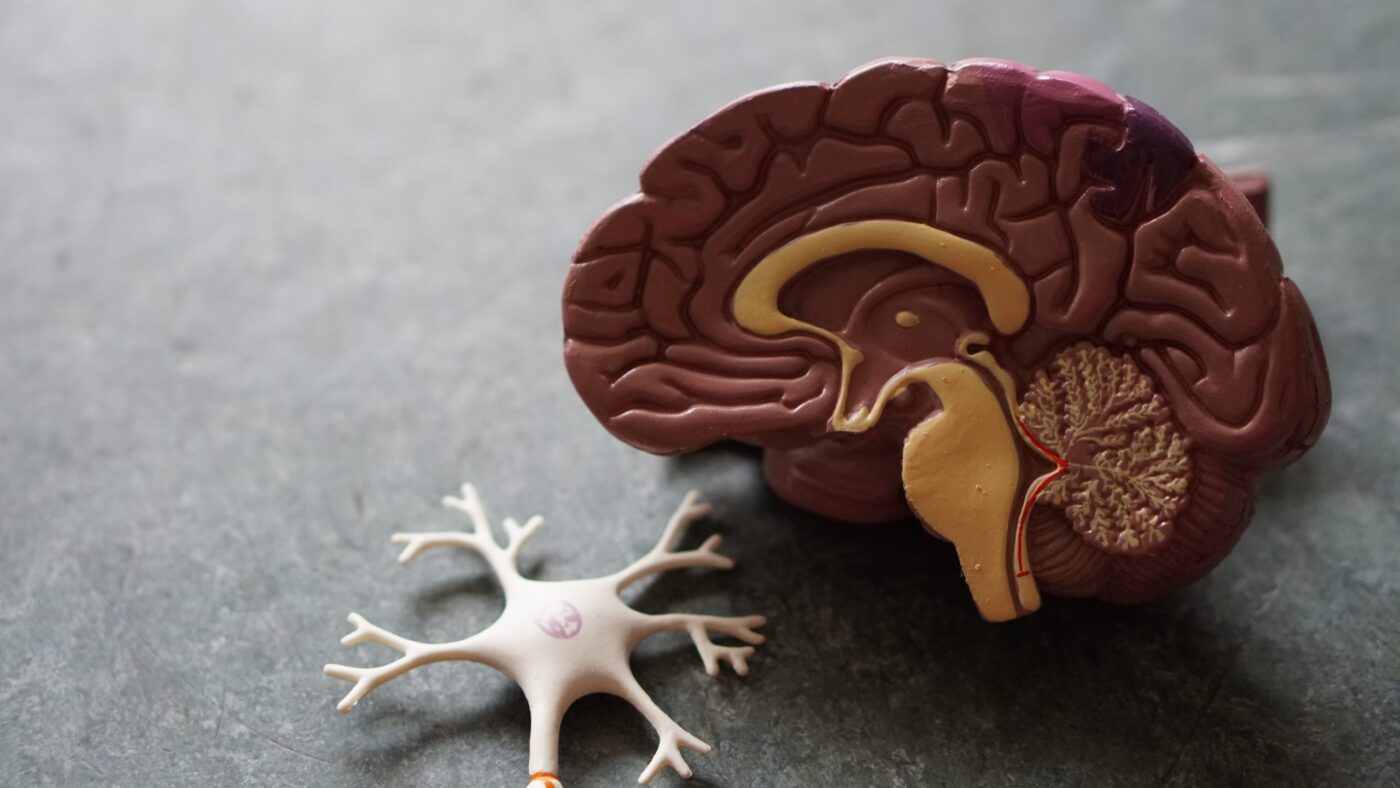Alcohol consumption is one of the leading contributors to the global burden of disease and alcohol use disorder (AUD) is one of the most prevalent mental health conditions around the world, with harmful effects on physical, cognitive, and social functioning. Chronic excessive alcohol use is associated with a multitude of adverse effects, including (but not limited to) brain atrophy, neuronal loss, and poorer white matter (WM) fiber integrity. However, there is conflicting evidence on whether light-to-moderate alcohol consumption shows similar negative associations with brain structure.
In a new study, published in March in the journal Nature, Daviet, Aydogan, Jagannathan et al. examined the associations between alcohol intake and brain structure using multimodal imaging data from 36,678 generally healthy middle-aged and older adults from the UK Biobank, controlling for numerous potential confounds.
There is quite a bit of research on the associations of alcohol consumption with brain structure in people with alcohol addiction, but only limited analysis that explores these associations in individuals who consume alcohol but do not have AUD. The authors wanted to find out more about the impact of moderate drinking on the brain.
The results are troubling. “Just one drink per day can shrink your brain,” summarized CNN’s Sandee LaMotte the findings of the study. “Notably, the negative associations we observe with global IDPs [imaging derived phenotypes] are detectable in individuals who consume between 1 and 2 alcohol units daily,” the authors wrote. “Thus, in the UK, consuming just one alcoholic drink daily (or two units of alcohol) could be associated with changes in GMV [gray matter volume] and WMV [white matter volume] in the brain.”
Just one pint of beer or an average glass of wine a day may begin to shrink the overall volume of the brain. “On average, people at age 50 who drank a pint of beer or 6-ounce glass of wine (two alcohol units) a day in the last month had brains that appeared two years older than those who only drank a half of a beer (one unit),” LaMotte reported. “The brains of people that age who said they drank three alcohol units a day had reductions in both white and gray matter that looked as if they had added 3.5 years to the ages of their brains.”
The impact of alcohol use gets progressively worse. The brains of nondrinkers who began consuming an average of one alcohol unit a day showed the equivalent of half a year of aging, according to the study. In comparison, drinking four alcohol units a day aged a person’s brain by more than ten years!
The new study provides “additional evidence for a negative association between alcohol intake and brain macrostructure and microstructure in a general population sample of middle-aged and older adults. Alcohol intake is negatively associated with global brain volume measures, regional GMVs, and WM microstructure. The associations between alcohol intake and regional GMV are evident across the entire brain, with the largest volume changes observed in frontal, parietal, and insular cortices, temporal and cingulate regions, the brain stem, putamen, and amygdala.”
The study supports previous research that found no amount of drinking to be healthy. The World Heart Federation (WHF) recently published a policy brief saying there is “no level of alcohol consumption that is safe for health.”
“The evidence is clear,” warns the WHF: “any level of alcohol consumption can lead to loss of healthy life. Studies have shown that even small amounts of alcohol can increase a person’s risk of cardiovascular disease, including coronary disease, stroke, heart failure, hypertensive heart disease, cardiomyopathy, atrial fibrillation, and aneurysm.”
And addiction. According to the 2019 National Survey on Drug Use and Health, nearly 15 million people ages 12 and older in the United States had AUD. There are strong indications that elevated drinking rates during the COVID-19 pandemic have led to a large increase in alcohol-related deaths in 2020.
A severe AUD may require acute addiction treatment services, such as detoxification. Valiant Living Detox and Assessment is a 16-bed facility that provides comprehensive care beyond withdrawal management to launch the recovery journey. Detoxification should be supervised by medical professionals. The treatment team at Valiant Living Detox and Assessment utilizes a multidisciplinary approach that includes a medical director, registered nurses, psychiatric nurse practitioners, LPNs, counselors, and addiction technicians.
If you are seeking a more comprehensive start for your treatment of addiction, contact us at 303-647-4932. We provide a safe, supportive haven in the earliest stages of recovery. Get the individualized attention you need for stabilization, assessment, and discerning the best next steps in your journey.




